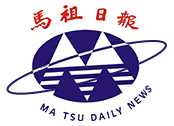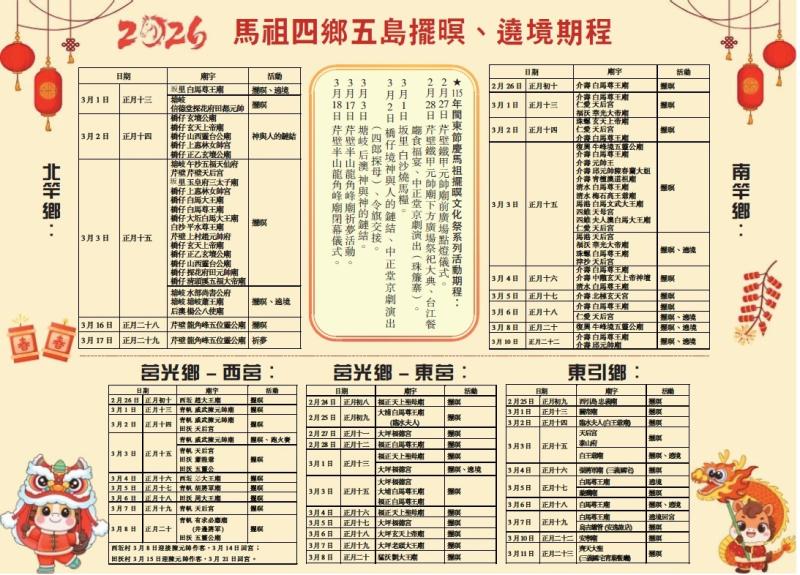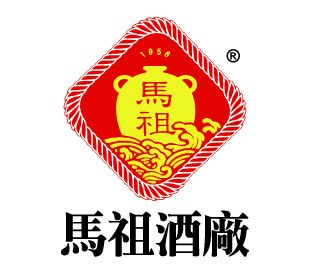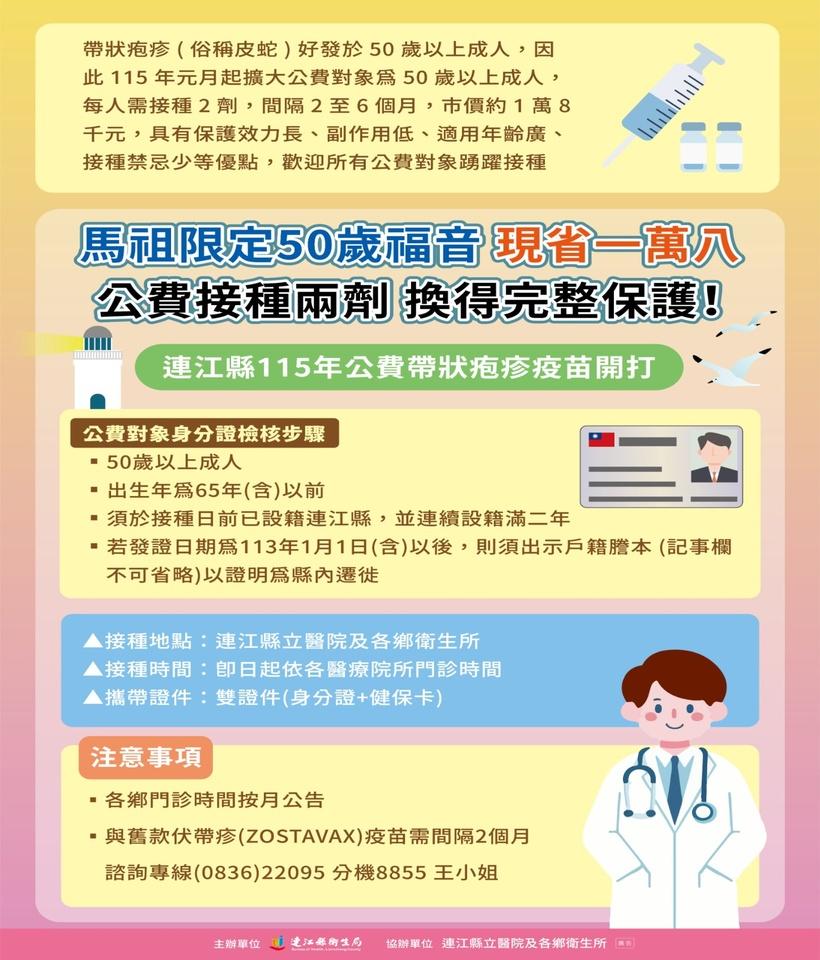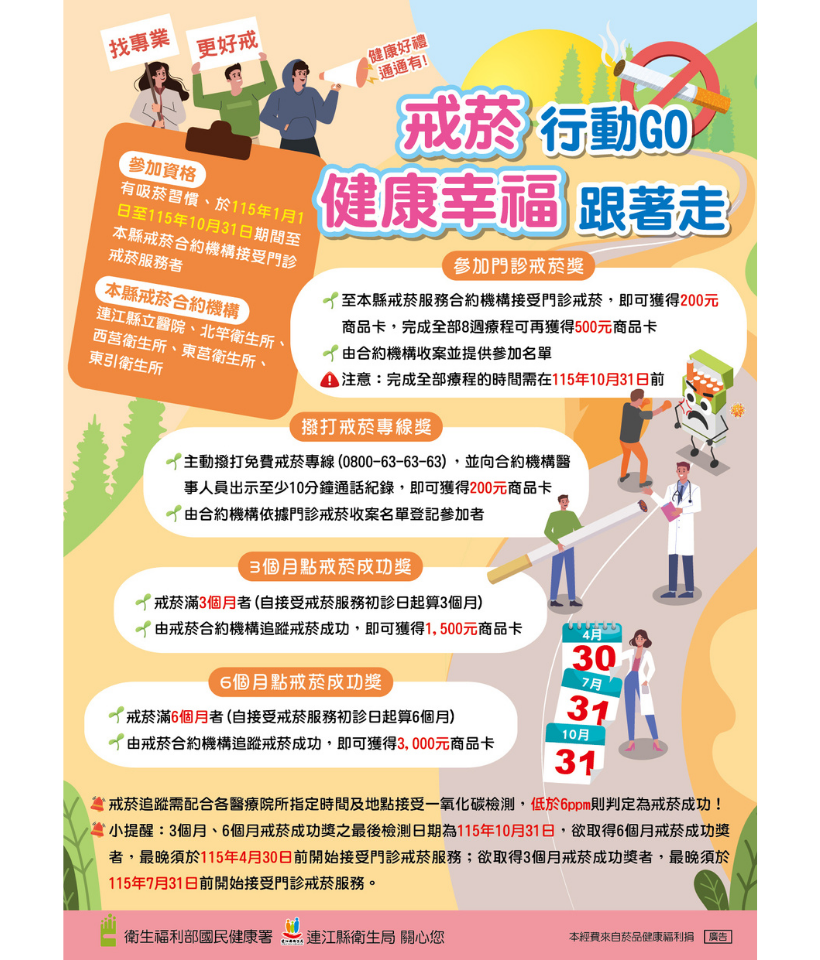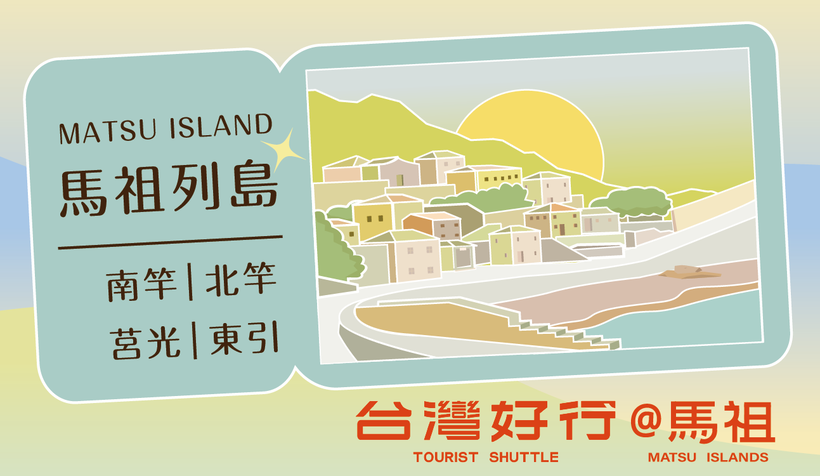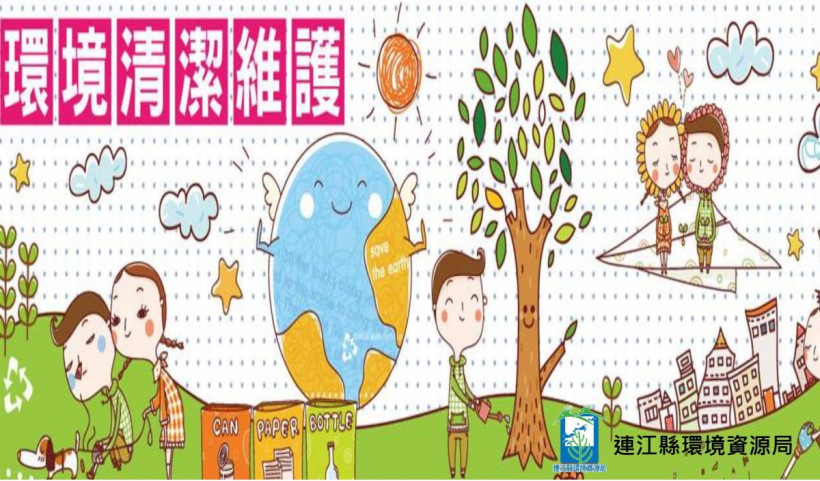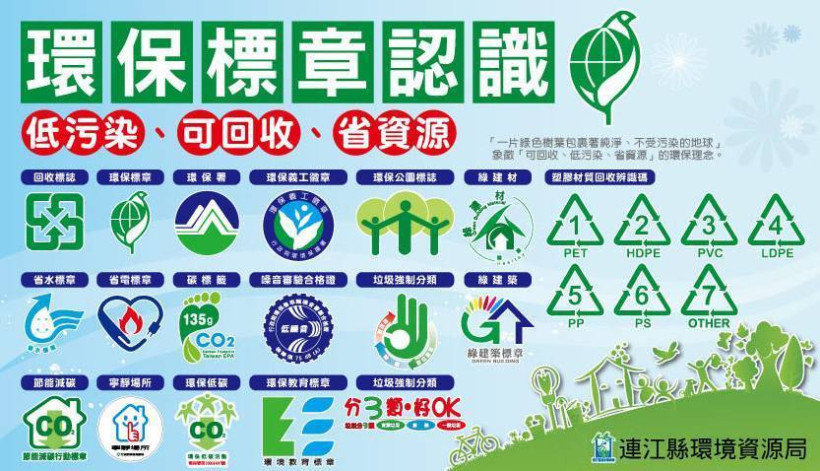摘要翻譯:
台灣經濟前景預測並不樂觀,但馬祖近期通過公民投票後,可能可為台灣建立博弈產業鋪路開門,因此就中程期而言,陸客增加的榮景是可預期的。
Ghostly aura shrouds Taiwanese economy--By Jens Kastner
Taiwan, normally regarded as one of the proud Asian Tiger states, has not produced rosy macroeconomic data in a long time. Gross domestic product (GDP) forecasts for this year are relentlessly being revised downward, and a convincing game plan to counter negative global factors is conspicuous by its absence in Taipei's bag of tricks.
Bad news concerning the economy in Taiwan is usually blamed at this time of year on the "Ghost Month". In the period, this year from August 17 to September 15, ancestors' spirits are considered to come out from the lower realm. It is also a time when Taiwanese consumers refrain from such inauspicious activities as buying cars, moving houses or swimming, so that
macroeconomic graphs annually take a much noticeable nosedive.
But the island's think tanks and the government find it difficult these days to pin the blame on the erratic souls of the deceased. Between January and last month, Taiwan's exports contracted 5.8%, the worst in the region.
The cabinet-level Directorate-General of Budget, Accounting and Statistics (DGBAS) has just scaled down its forecast for GDP growth this year to 1.66% from the 2.08% it estimated in July, the eighth time the estimate has been slashed.
In July, unemployment rose to 4.31%, the highest since last August, while youth unemployment rate, at 12.96%, was three times the national average - much higher than what's accounted for in most similarly developed countries. Real wages fell 1.68% in July year-on-year and Taipei firms' mass layoffs have been reaching their highest in four years.
Killing all remaining hopes that things might get a little better during the next one to three months, export orders fell 4.4% in July year-on-year and 1.2% on a monthly basis, marking the fifth consecutive month of decline.
The comparison with Taiwan's main export rival South Korea, which is also hit hard by slowing demand mainly from China and Europe, adds insult to injury:
The Bank of Korea, in its latest forecast (made in mid-July), estimated the nation's economy will expand 3% this year. The unemployment rate there fell in July to 3.1% from 3.2% in June. And while Taiwan's exports to China and Hong Kong from January to July posted negative growth of 9.1% year-on-year, shipments of Korean goods to China declined by a comparatively modest 2.1% in the same period.
"That Taiwan's general economic data is far from being ideal is due to the global slowdown as well as Taiwanese manufacturers' excessive clustering in China," said Hu Sheng-Cheng, an economist at Academia Sinica, Taiwan's most prestigious research institution.
The share of information and communications technolgy products in Taiwan's GDP and total exports "surpass 50%, but their demand is subject to huge fluctuations", said Hu. "As 40% of Taiwanese exports under all categories are shipped across the Taiwan Strait, Taiwan's economy is taking a double punch now that China growth is slowing."
Hu pointed at what he calls the "OEM [original equipment manufacturing] trap" as a significant part of the problem. Since Taiwan's manufacturers traditionally produce components for big international companies, they must make do with meager earnings, which in turn acts to prevent innovation, he said.
Hu recommends the hiring of talent and a significant increase in investment on research and development, which in Korea is four times higher than in Taiwan. Yet the government of President Ma Ying-jeou seems to be betting mainly on a further relaxation of cross-strait restrictions and in particular financial exchanges between Taiwan and China.
The development of a financial sector "with cross-strait characteristics" is key, according to Premier Sean Chen, who has an agreement on cross-strait currency clearance on top of his wish list.
Expansion of cross-strait tourism is also seen by the Kuomintang government as a way out of the island's economic misery. Around 1 million visitors have crossed the strait to Taiwan so far in 2012, up 66.5 percentage points from the same period last year. They have been spending over US$230 on average per day, helping restaurant revenues grow 3.1% year-on-year in July.
A recent "gambling referendum" on the offshore island group of Matsu has probably helped to pave the way for the establishment of casinos in other parts of Taiwan, so even more of a Chinese tourist boom is expected in the mid-term.
While elentlessly promoting ever-closer cross-strait cooperation, few if any of President Ma's recent speeches fail to pledge that he is to make Taiwan ready for the Trans-Pacific Strategic Economic Partnership Agreement (TPP).
The TPP is a multilateral free-trade agreement that includes the United States but not mainland China and South Korea, and Taiwan's ascension is seen as crucial; compared with many countries in East Asia, and especially South Korea, only a tiny proportion of Taiwanese products enjoy bilateral free trade.
But while Ma talks of an eight-year time frame for Taiwan's TPP membership, Taipei actually does nothing to meet that deadline, according to Tung Chen-yuan, a professor at National Chenchi University's Graduate Institute of Development Studies.
"Ma said this policy goal concerns Taiwan's very survival; but Taipei has not officially informed existing members of the TPP of its intention to join or to enter negotiations, and neither has it come up with concrete proposals," Tung said.
Instead of waiting idly by for the TPP, Taipei should concentrate its resources on simultaneously negotiating and completing free-trade agreements (FTAs) with mainland China and the United States, the island's number 1 and number 3 trade partner respectively, Tung said. To facilitate such talks, Taiwan needs to reform its economic structure and open the economy to world competition.
"Particularly, Taiwan needs to liberalize its service industry," Tung said. "Protectionism and government's mindset are major hindrances here, however."
According to him, Taiwan must bring into being a domestic consensus between the ruling party and opposition parties as well as enterprises and workers in order to carry out profound reform and opening programs.
But given the leadership style of President Ma, who is often criticized by politicians from across the spectrum that he listens to far too few advisors, the chances for such an overarching cooperation remain bleak, Tung acknowledged.
Also the core prerequisites for FTAs with China and US are nowhere to be seen on the horizon, according to him. And not even the end of Ghost Month is going to to make up for that.
"The Ma administration has no clear strategy, roadmap and determination to negotiate FTAs with China or the USA," Tung said.
原新聞網址:
http://www.atimes.com/atimes/China_Business/NH29Cb01.html
Ghostly aura shrouds Taiwanese economy--Asia Times Online
- 2012-09-04
